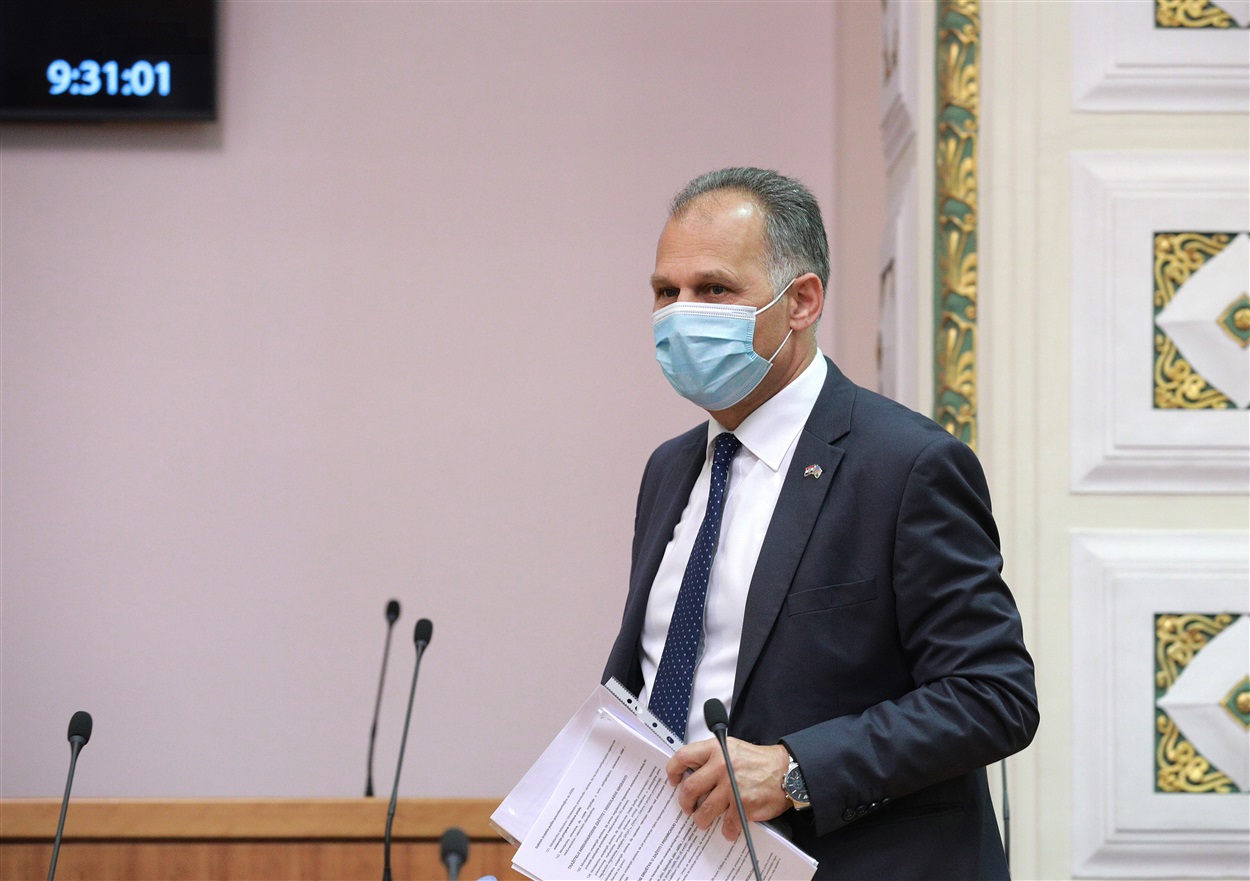
Zagreb - The new law on the electricity market "absolutely" stimulates solar power for households, state secretary in the Ministry of Economy and Sustainable Energy Ivo Milatić said on Wednesday, presenting the bill in Parliament.
The bill is aimed at stimulating the production of solar power for households because it introduces aggregation, which, in addition to production for self-consumption, creates conditions for an increase in the production of solar power for households, said Milatić, adding that solar panels can be installed on family homes and blocks of flats.
Apart from enabling citizens to produce electricity from their solar power, the bill enables them to store it in batteries in their own homes as well as the fact that the aggregator can be used and traded so the investment in solar energy is worthwhile, HDZ MP Miro Totgergelija said.
We are already subsidising the installment of solar power. The Environment Protection Fund approves significant funds, subsidising 40 to 80% of investment costs, Milatić replied to a question by SDP MP Andreja Marić who was interested in how the bill would impact the increase of solar power on the roofs of Croatian houses in five years.
Changing providers within 24 hours
Milatić underscored other advantages that the new law brings consumers: allowing them to choose another supplier within 24 hours, clearer and easier methods to compare the cost of electricity consumption, equalising the rights of buyers in Croatia with other EU member states.
Milatić explained that theoretically, Croatian citizens could take a supplier from some other country. That will probably be very rare due to a small number of consumers, he added.
We have taken digitisation into account to measure consumption. It will take several years for smart systems to be up and running. In time, that will be accessible on smartphones, he underscored.
He said that a service will be provided for elderly people not acquainted with IT skills, that will monitor consumption and propose the best possible model for them, he added.
He said that there was no possibility of the national electricity provider HEP being privatised, after speculation has once again been brought up in public.
MP Veljko Kajtazi on behalf of the Roma community said that 11.9% of Roma households do not have electricity and in segregated Roma communities as many as 14.6% do not have electricity. Two-thirds of Roma households do not have sewerage, 50% have access to water from main water supplies. What can be expected from a community that lives in those conditions, he asked.